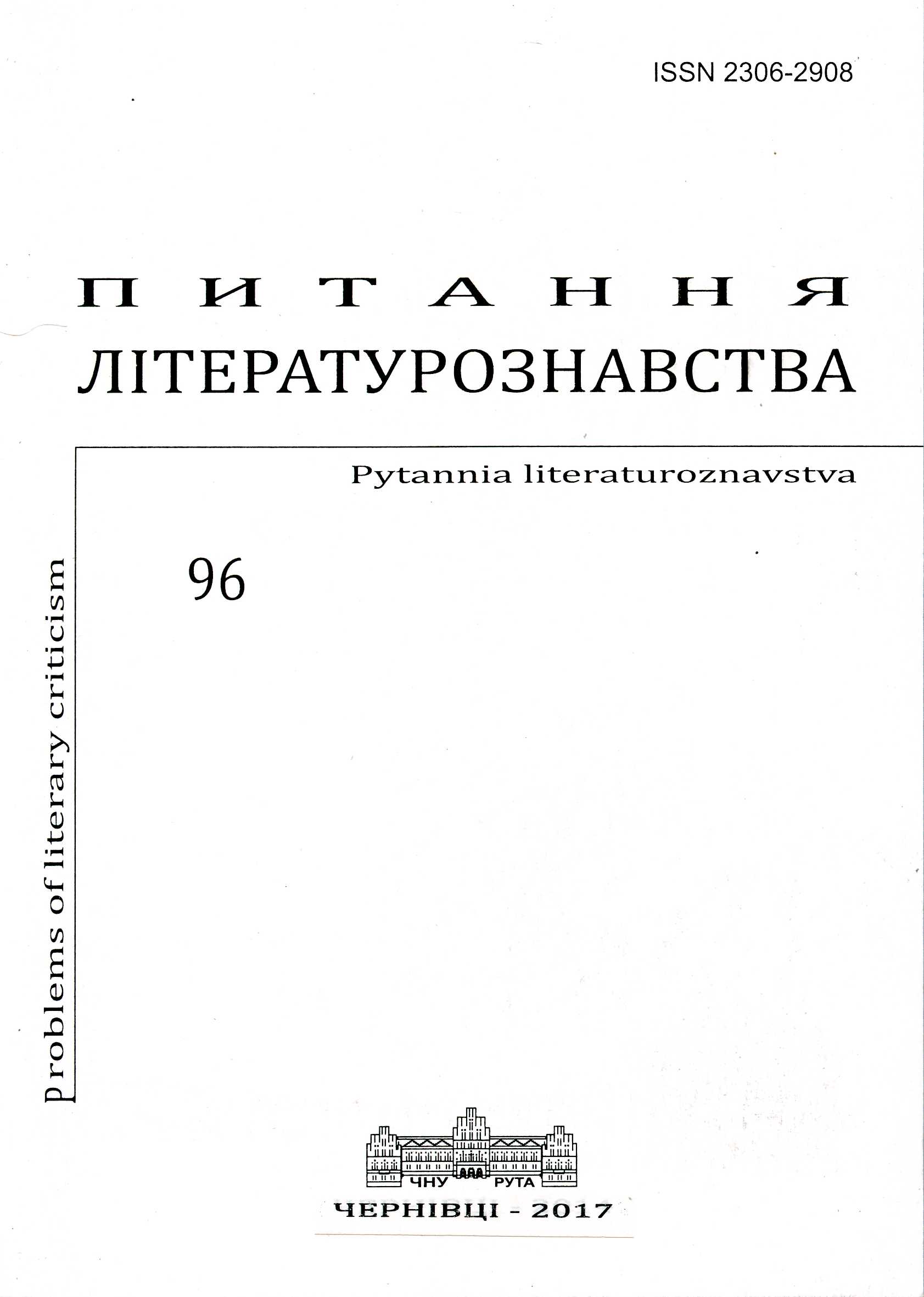Специфіка маргінального героя у творах німецьких письменників генерації 1968-го року
The Marginal Character’s Specificity in the Texts of German Writers Representing the 1968 Generation
Author(s): Maryna OrlovaSubject(s): Language and Literature Studies, Studies of Literature, German Literature
Published by: Чернівецький національний університет імені Юрія Федьковича
Keywords: marginality; marginal hero; the 1968 generation; Uwe Timm; Peter Scnhneider; hero-rebel, hero-lumpen; hero-emigrant;
Summary/Abstract: This article is an attempt of the interdisciplinary research of different sciences studying the phenomena of marginality, namely sociology, history, culturology and the study of literature. As the base of this research, the investigations from the theory on sociological marginality were taken (N. Akopyan, O. V. Butylina, J. S. Vorobyova, O. N. Makarenko, J. Mancini.)The aim of this article is the analyses of the marginal character’s specificity in the texts of German writers, the representatives of the 1968 generation, namely in the Peter Scnhneider’s short story “Lenz” and Uwe Timm’s novel “Kerbel’s escape”. The works are interpreted as the result of an intensive processing of the revolutionary experience and are considered to be examples of the mentioned writer’s own version of the 1968 protest movement history literary textualization. The main character of the analyzed texts is the typical representative of the left-oriented intellectuals, which are transformed from the formerly active participants of the 1968 revolutionary into the marginal persons now.The research finds out the specificity of the marginal character in the texts of the representatives of the 1968 generation, which is determined by several factors. These are namely: 1) the transformational processes in society associated with the revolutionary events in Germany in the late 60's and their results, mainly disappointment in the outcomes of revolutionary activity by specific individuals; 2) sociological factor related to the problems of adaptation to the new environment; 3) the psychological state of the protagonist, which is defined as boundary and peripheral in the face of the exit from the marginal group and the impossibility of its implementation beyond its borders. These protagonists are the expressions of various types of marginalization, representing those marginal heroes that evolve from the hero-rebel, the hero-lumpen and the hero-emigrant with different vectors for the development of their further marginalization.
Journal: Питання літературознавства
- Issue Year: 2017
- Issue No: 96
- Page Range: 247-261
- Page Count: 15
- Language: Ukrainian

